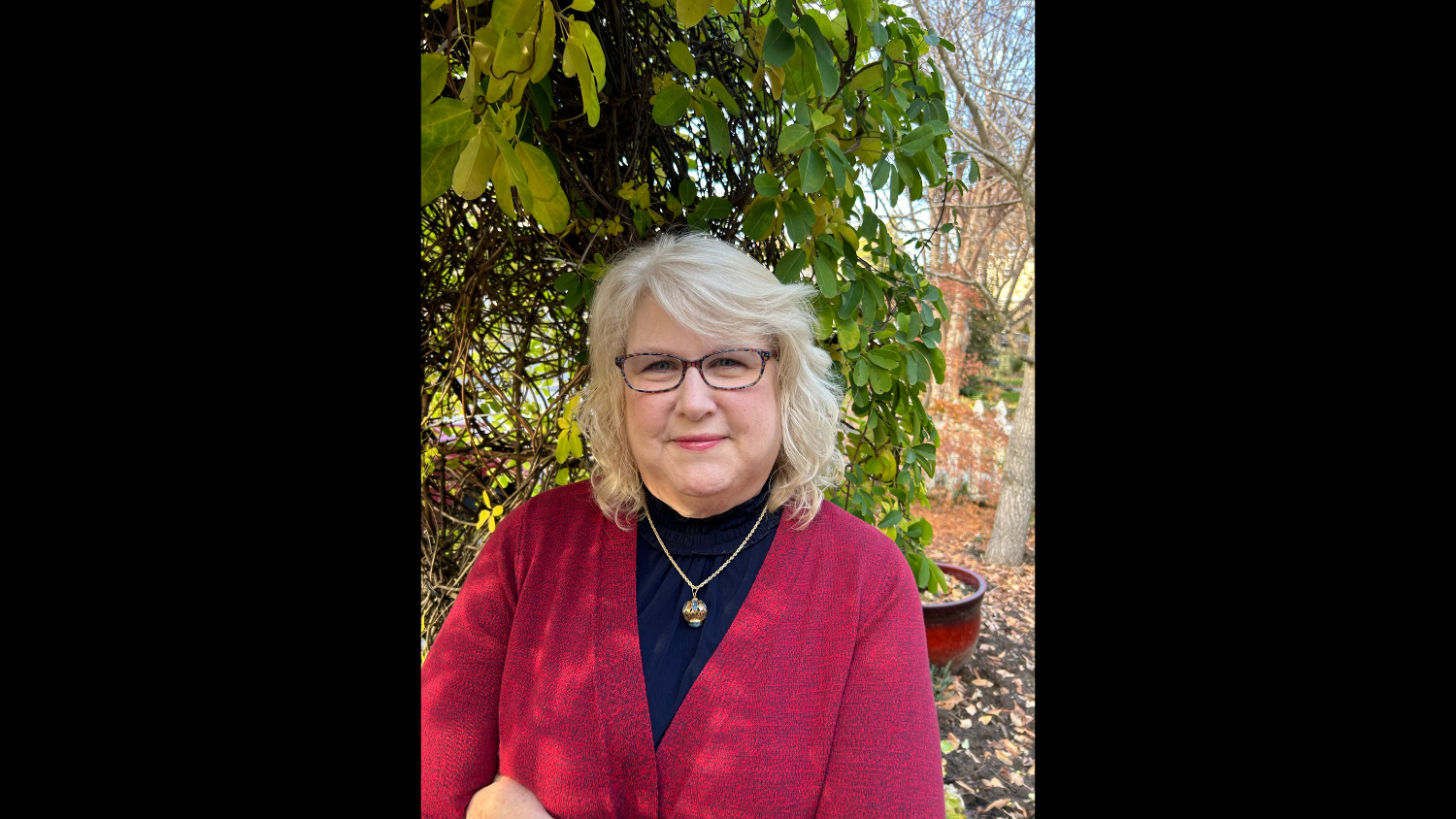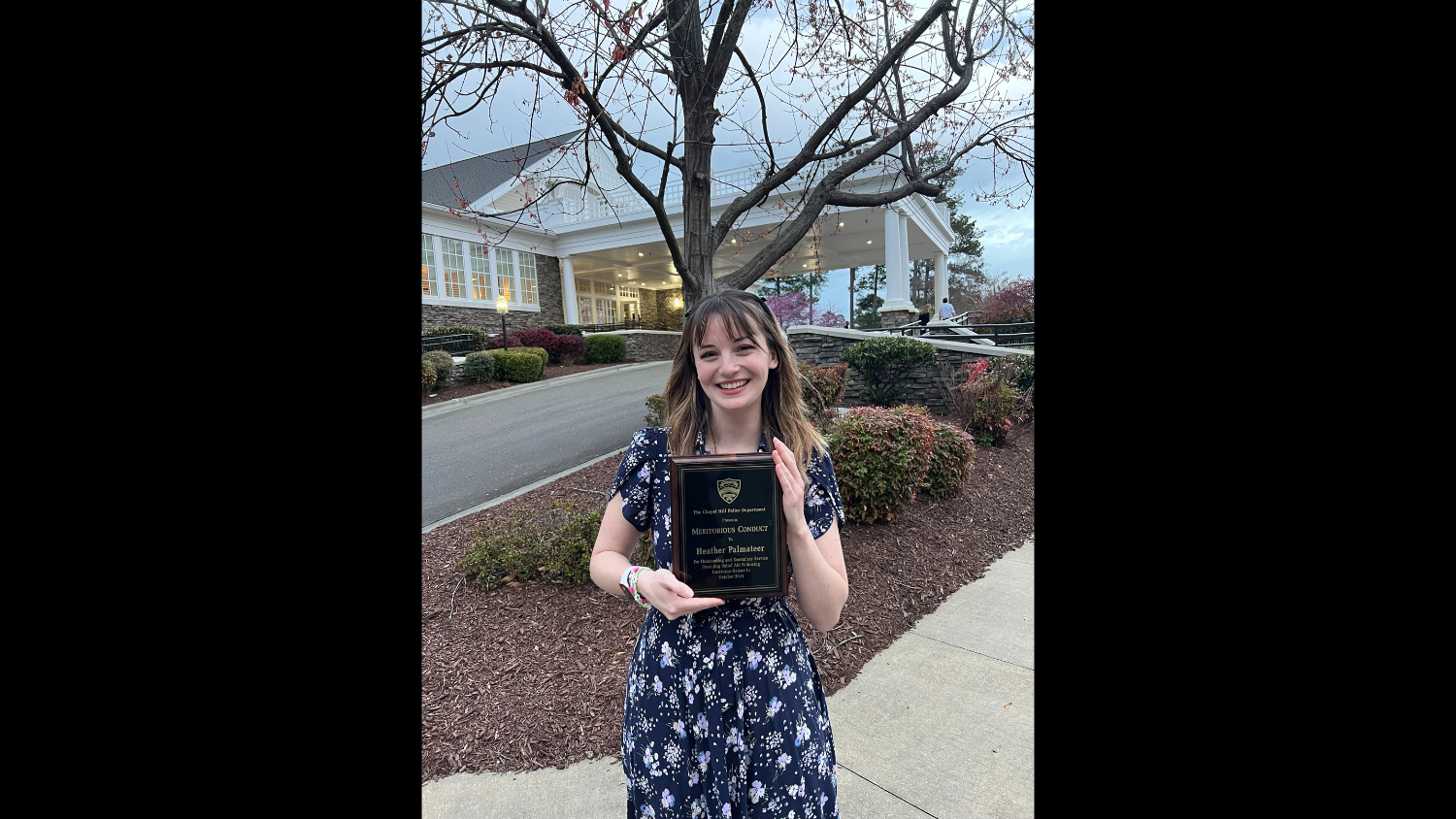Department of Social Work and its Masters of Social Work Students Present – Finding Solutions on the Outside: Michael Leo Owens Addresses Annual Social Work Spring Symposium
(Attendees ask Dr. Owens questions)
It is no secret that the United States incarcerates more people, per capita, than any other nation. Of those seven million individuals currently in *correctional control, racial and economic disparities are vast. For example, African-American men have roughly a one-in-three percent chance of incarceration at some point within their lifespan, while Caucasian males have a six percent chance. In an effort to confront these issues and to address the collateral effects of incarceration, Masters of Social Work (MSW) students hosted a symposium in Spring of 2015, “On the Outside: Addressing the Barriers to Success for Formerly Incarcerated Individuals” to address and discuss the issue of high incarceration rates as well as disparities within imprisoned populations.
(Dr. Taliaferro and speaker Dr. Owens)
The symposium included a keynote address from Emory University Professor Dr. Michael Leo Owens, author of the book God and Government in the Ghetto: The Politics of Church-State Collaboration in Black America. Dr. Owens began his lecture by surprising many in the audience with the notion that Social Workers working with incarcerated clients “should not focus on re-entry” into society.
Dr. Owens proceeded by clarifying that most individuals under correctional control were “decarcerated” through systems of probation and parole. Conversations about re-entry alone, he maintained, needed to be expanded to include the experiences of all people who have and are currently experiencing correctional control.
(Breakout seminar)
With that in mind, the symposium broke into four breakout sessions where speakers from North Carolina community lectured in areas ranging from employment and community reintegration to mental health and education. Presenters included Daryl Atkinson from the Southern Coalition for Social Justice, Dr. Gary Cuddeback from the Department of Social Work at UNC Chapel Hill, Candace Rashada-Mujahid from Durham Technical College, and Nia Wilson from Spirit House. The symposium was buzzing with conversations between breakouts, with notes being traded on how to access online job resources or community mental health programs. Rashada-Mujahid was able to keep her audience rapt without visual aids or PowerPoint presentation. “A lot of people with criminal records have been through job readiness programs, what they really want to know is whether there is a job at the end of this, because many of them have been disappointed” Rapt informed the audience.
After the breakout sessions concluded, Owens joined Nicole Sullivan, director of Rehabilitative Programs and Services with the Division of Adult Correction and Juvenile Justice, Dr. Alice Noell, from Wake Technical Community College, and Dennis Gaddy of the Community Success Initiative for a panel discussion. The program, within its half-day format, drew more than 120 participants from throughout the triangle, many of whom had experience working with people leaving prison. List of speakers and their biographies found here. * Correctional Control: Technical term used by Dr. Owens for the purpose of expanding the traditional understanding of “re-entry” to include individuals experiencing probation, parole, jail time, and prison incarceration. Term used as a correctional umbrella to describe all four groups as under the traditional understanding only those within the jail time and prison populations qualify for societal re-entry. Article written by MSW student Jason Tuell, edited by Paige Moore. To be included in the Department of Social Work 2015 newsletter.
- Categories:






